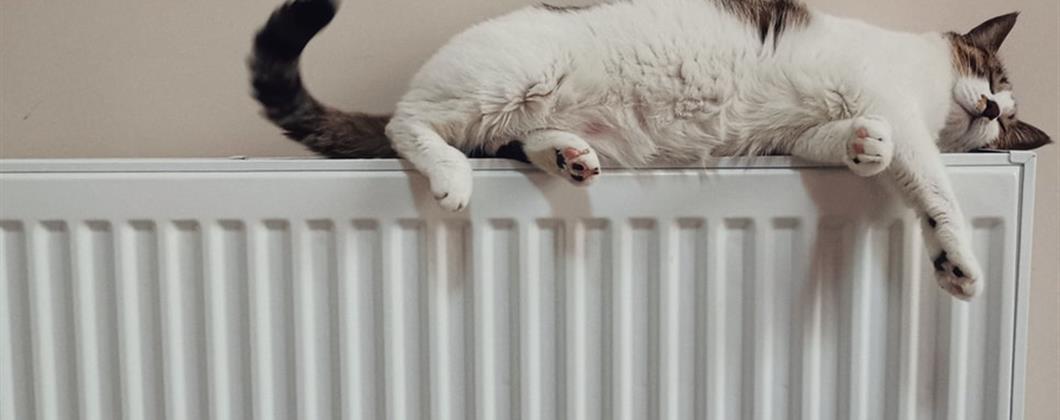Things to Know About Communal Heating in your Block of Flats

When installing a communal heating system in your block of flats, there are a number of requirements to meet and things to consider before you begin. Communal heating systems can be a convenient way for landlords to gain better control over their heating system and cutting costs, whilst being good for the environment.
In the unfortunate event that something was to go wrong with your communal heating system, huge damage could be cause and a building insurance for your block of flats can help provide landlords with sufficient reassurance and security.
If you are thinking of installing a communal heating system and require advice about how to manage a block of flats, read a useful guide for everything you need to know:
What is a communal heating system?
A communal heating system involves distribution of heat across a building, such as a block of flats, from one central source. To be eligible for communal heating system regulations, the building must be occupied by two or more paying customers, i.e. tenants, of heating, cooling or hot water for individual use in their own living space.
What requirements must landlords meet to provide a communal heating system?
Here is a brief summary of how landlords must comply to certain requirements in order to offer a communal heating system. See the full list of requirements that landlords are required to meet. These requirements enable landlords to provide more accurate heating bills for their tenants, but also allow tenants to have more control over their heating use.
- Make the National Measurement and Regulation Office aware of your plans to install a communal heating system.
- Assess whether each accommodation unit (e.g. each flat) should have separate meters installed.
- Controls should be installed in the case of separate meters, so tenants can manage their heating use. This is only advised if it is both feasible within the building, and cost-effective.
- Where it is not feasible to install separate meters, you must assess whether thermostatic radiator valves and heat cost allocators could be used instead.
- Heating and hot water bills must be accurate and built on real time use. Rather than estimating the expected usage from tenants, bills must be issued at a minimum of once a year.
- Billing information must be provided alongside bills at least once every six months.
What heating installations are eligible for a communal heating system?
The following heating installations would comply with communal heating system regulations:
- Communal gas fired or oil fired boilers
- Electric immersion heaters (which must serve a hot water supply for more than one accommodation, e.g. more than two flats)
- Communal multi-point heaters
- Under floor heating
How much does it cost to install a meter?
A meter usually costs around £450, alongside the data system and installation costs. They will last up to ten years.
Damage caused by an issue associated with the communal heating system such as burst pipes could be devastating. A quality blocks of flat insurance policy could be a great way for landlords to provide protection from damage that could be caused as a result.
For more information about block of flat building insurance and a guide on how to manage a block of flats with a communal heating system, get in touch by calling 0800 731 6242 to speak to a member of our team.

